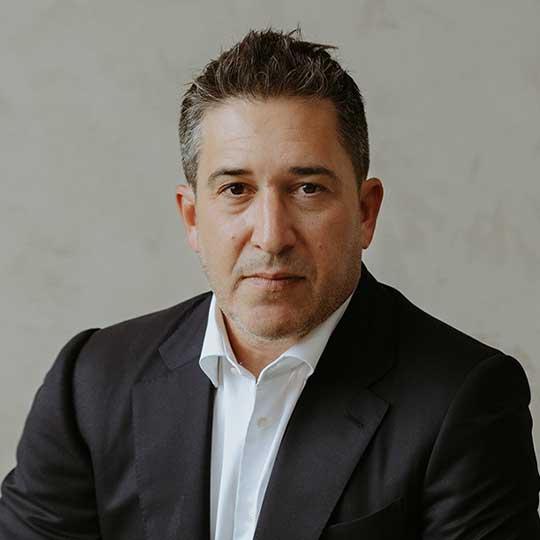Feb 08, 2022 in News Long-term Care
Long-term Care: Can Lessons Learned from COVID Improve Long-Term Care in Canada?

Among the millions of Canadians whose lives have been disrupted by the COVID-19 pandemic, nobody was affected more acutely than long-term care residents and their families. Upwards of 80 per cent of all Canadian COVID deaths during the pandemic’s first months occurred in long-term care; our long-term care class action lawyers believe many of those deaths could have been prevented.
The failures of the provincial and territorial long-term care systems have been well-documented, including by us. You can read more about the details of the COVID-19 disaster in long-term care here, and about the underlying issues that enabled the disaster here and here.
Now, there is cautious hope among long-term care advocates, including some long-term care class action lawyers, that lessons from the pandemic will help guide improved care in the future. Last month, the Health Standards Organization (HSO), an independent organization that develops standards for the healthcare sector, released draft national standards for long-term care facilities nationwide. Additional infection control standards are expected from the Canadian Standards Association (CSA) this month.
“I’m hoping that this will be a clear blueprint that really can enable provincial and territorial and federal action to move long-term care to where all Canadians are demanding it to go,” said Dr. Samir Sinha, director of geriatrics at Sinai Health and the University of Toronto Health Network and chair of the HSO technical committee that drafted the standards, to the CBC.
Unfortunately, implementing and enforcing long-term care standards is even more difficult than the arduous task of developing them. Dr. Sinha conceded to the CBC that it will take “a lot of money” from the government to put the recommendations in action. He also acknowledged that the provinces may bristle at the notion of Ottawa setting standards.
Federal Health Minister Jean-Yves Duclos echoed that sentiment in an email comment to the CBC, writing: “As long-term care falls under provincial and territorial jurisdiction, any legislation will be designed in a manner that reflects jurisdictional responsibilities. The federal government will work collaboratively with provinces and territories, while respecting their jurisdiction over health care, including long-term care.”
From a personal injury lawyer’s perspective, it is the responsibility of all stakeholders, from governments to individual facility operators, to improve the level of care experienced by LTC residents. This is particularly true as residents experience a new round of lockdowns and restrictions amid the spread of the Omicron variant.
If you or a member of your family was negatively impacted by COVID-19 in an Ontario long-term care facility, contact us today to schedule a free, no-obligation consultation with a member of our team of long-term care class action lawyers. We may be able to help you access compensation for the damages you have experienced.
Image: Shutterstock
Category Selector
Select a category relevant to you.
- Social Host Liability
- Tort
- Spinal Injury
- Road Safety
- Slip and Fall Claims
- Snowmobile Accident
- Product Liability
- Rail Accidents
- Recalls
- News
- Nursing Home Negligence
- Personal Injury
- Physical and Psychological Injuries
- Negligent Supervision
- Neinstein in the Community
- Medical Malpractice
- Motorcycle Accidents
- Long Term Disability
- Chronic Pain
- COVID-19
- Dog Bites Claims
- Events
- General
- Homeowner Liability
- JUUL & Vaping
- JUUL Vaping Lawsuit
- Lawyer Profile
- Legal News
- Legal Representation
- Liability
- Long-term Care
- Blogs
- Boating Accident
- Brain Injury
- Car Accident
- Accident Benefits Claims
- Auto Insurance
- Bicycle Accidents
- Water Accidents
- Wrongful Death
- In the Community
Area of Expertise
Long term disability
A debilitating or permanent injury can cause lasting emotional and financial stress on you and your family. In some cases, a traumatic injury may force you to leave the workforce permanently. Our long-term disability lawyers will ensure you are awarded the compensation you need.
More Posts Legal SupportBook A Free Consultation
We will not charge you unless your case is successful.
At Neinstein we have been advocating for injured victims for over 55 years. Our committed and compassionate team will do everything necessary to help you and your family find solutions to the new challenges that arise from serious injuries.
Our team will ensure you access the proper healthcare support to aid in your recovery. While you focus on your rehabilitation, we will thoroughly investigate your case and guide you through the litigation process so we can achieve the maximum compensation that you deserve.

